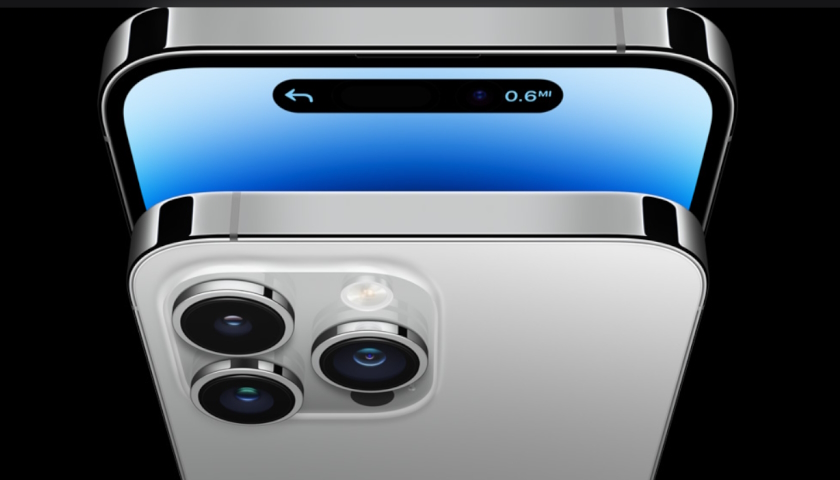Apple has opened support in iOS 17 for private data-only cellular networks running LTE and 5G (in both standalone and non-standalone mode), meaning most new and new-ish iPhone (13 and up) and iPad models can now be used as work devices in private network setups. The announcement, lost in the fuss about its Mac-priced ($3,499) Vision Pro extended virtual reality (VR) headset, removes a major hangup for enterprises deploying private cellular networks. The move was greeted with some cheer by the private 5G crowd, although there was a reminder, as well, that Apple’s iPhone solution is only really any good for white-collar 5G (see bottom).
It is the first time Apple has provided iPhone / iPad support for standalone 5G (SA). The update is available now in beta, and from August as a commercial provision. A statement, apparently only available in certain markets, says Apple products now work, using a private-network SIM (embedded or physical) with the global ITU-defined 999 mobile country code (MCC) – which works with any n77, n78, and n79-banded private network, and associated two-digit mobile network code (MNC) in any country.
As well, where private network identifier assignments are administered by local regulators, Apple is now providing support for country-specific private land mobile network (PLMN) IDs in Germany (MCC-MNC: 262-98) and Sweden (240-60), as well as for the CBRS-designated n48 band in the US (315-010). Apple gave these three local-market PLMN IDs as examples, suggesting (present / future) compatibility with other local licensing regimes, too. But it states: “Compatibility will vary by iPhone and iPad model and country or region where the device is being sold.”
Importantly, Apple has provided a number of fixes for mobile device management (MDM) to extend private network features to Apple products. It says: “Some device settings for an organisation’s private network can be configured using an MDM solution or a configuration profile containing a private cellular network payload. Only one… payload is supported at a time.” Companies also have the option to “prefer” cellular access over Wi-Fi when both networks are available. Devices can prioritise cellular, while also permitting Wi-Fi for services such as AirDrop and AirPlay.
Read more: rcrwireless.com





